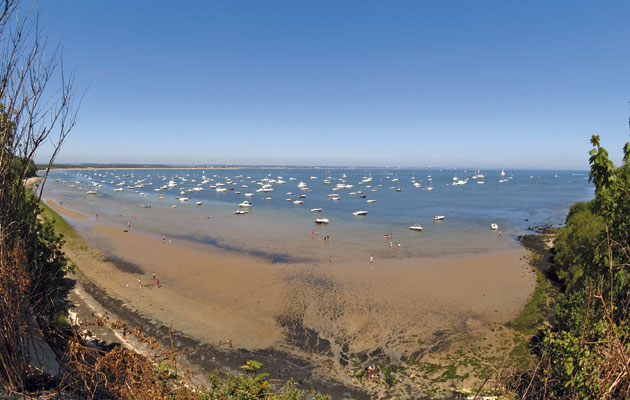Marine Conservation Society and National Trust bemoan ‘huge gaps’ in UK network as Solent, Studland Bay and others left outside MCZ consultation process
The Marine Conservation Society spoke of its disappointment that, of the 37 sites proposed for a second public consultation on Marine Conservation Zones (MCZs), only 23 have made the final list, announced today. The National Trust, which owns 750 miles of English coastline, echoed the sentiment.
Both groups say that important sites missing from the consultation will leave huge gaps in the network. Studland, Bembridge, Norris to Ryde, and Yarmouth to Cowes have all been dropped, putting at risk the future of the spiny seahorse, mantis shrimps and large seagrass meadows.
The MCS says that all 23 sites being consulted on must be designated. These include well-known Cromer Shoals Chalk Beds, referred to, with some hyperbole, as the ‘great barrier reef of Norfolk,’ Farnes East which hosts an array of seabed life such as sea pens, and Newquay and The Gannel known for its crawfish, pink sea fans and migrating eels and salmon.
‘We believe all of the MCZ sites are necessary to achieve the Government’s stated commitment to deliver a full network. Delaying 14 sites means that a number of the UK’s iconic marine places and habitats are still not adequately protected,’ says MCS Biodiversity and Fisheries Programme Manager, Dr Peter Richardson.
“This decision doesn’t match urgent conservation needs, or indeed, the ambition of the public, who continue to demonstrate their support for the establishment of a network of marine protected areas in UK seas. Parties must recommit to a network in their manifestos and deliver this by 2016” Dr Richardson continues.
Simon Pryor, Natural Environment Director at the National Trust, said: “Steady progress is being made, however it’s disappointing that we’re not even half way to the original target of 127 MCZs that the Government outlined just two years ago. Protecting the seas around the English coast must be a priority. Without it marine wildlife and the quality of our seas will suffer.’




